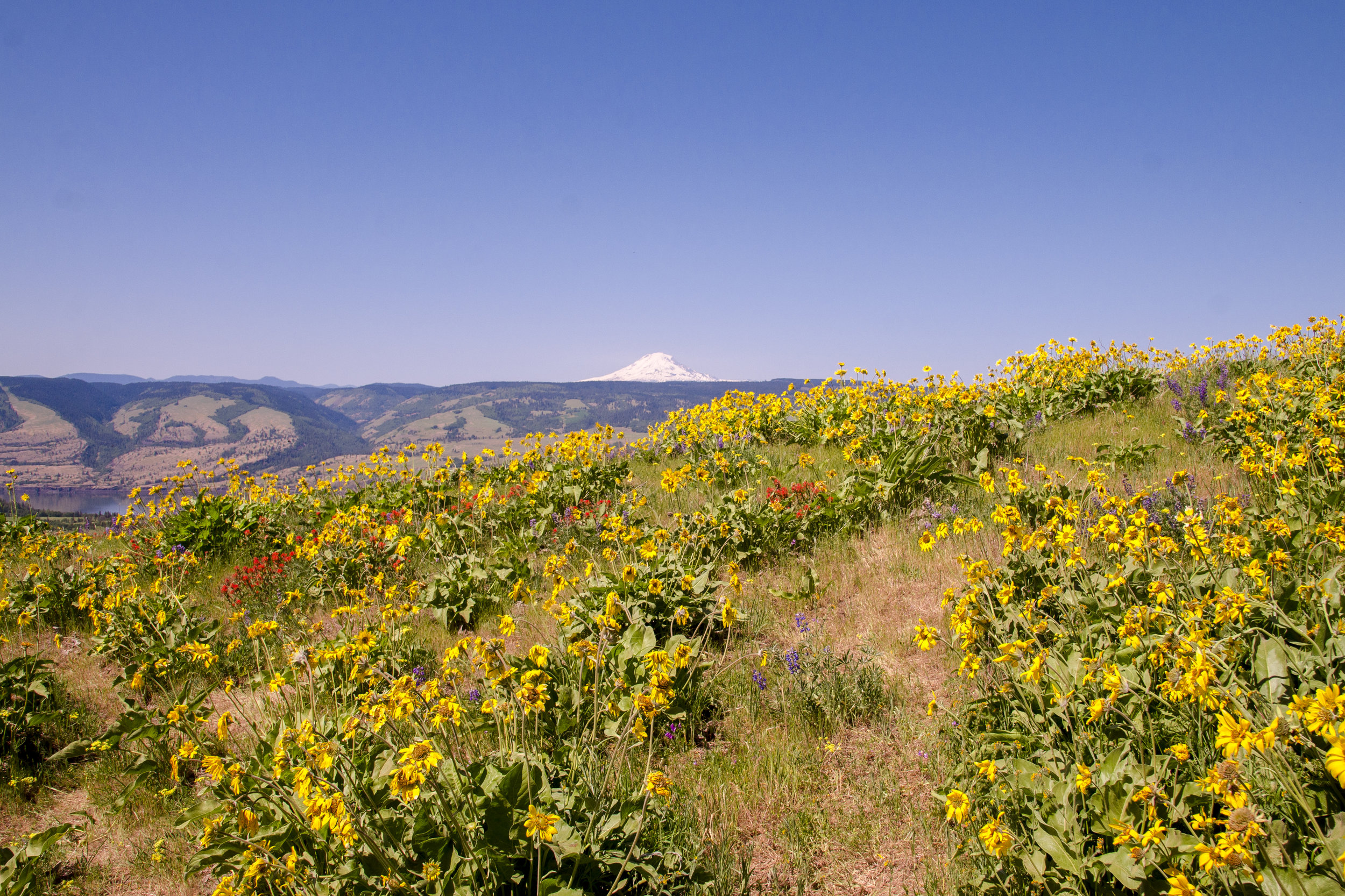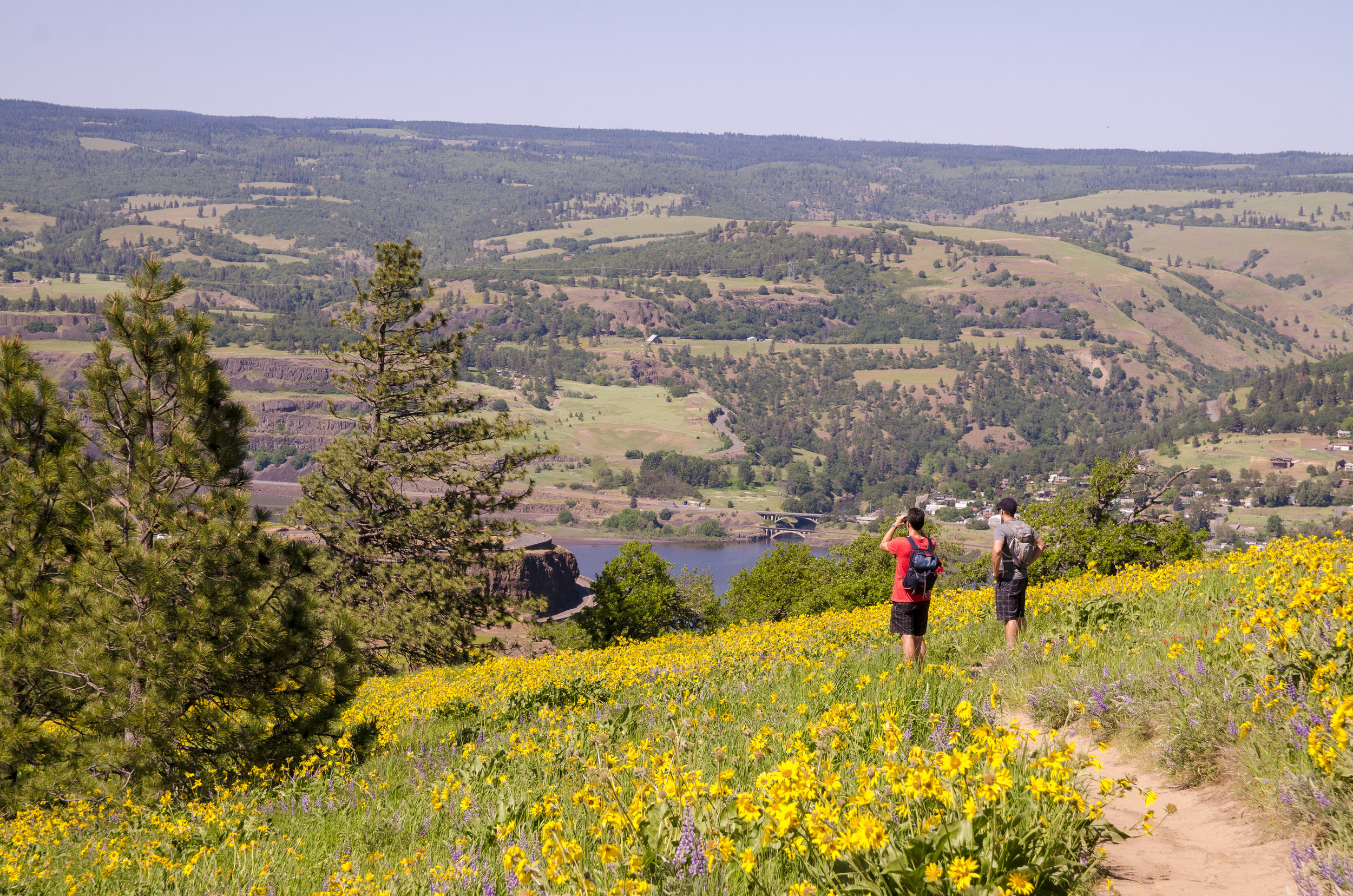be the church
/Confession: I haven’t gone to church consistently in months, and not a single time in the last 6-8 weeks. Summers are always hard on my church attendance of themselves, and at the end of this one I threw a new job into the mix and didn’t realize there was such a high likelihood that I’d be scheduled to work every single Sunday morning for weeks on end.
This has brought up a lot of questions for me, and shed light on some of my deeply-held beliefs. In my family growing up, there was no such thing as missing church, unless we were very sick or out of town; in all other cases, Sunday mornings from 9:30am to 12:30pm were permanently booked. It was one of the rituals of our lives, as natural as eating breakfast or feeding the animals. There was no “I don’t feel like it” or “I’m too busy” - it just was what it was.
I have relaxed this standard a little as an adult, but never have I actually been away from a Sunday morning service entirely for this long. And I didn’t know it would have as much of an impact as it has.
It has made me wonder: What is a Christian, if not the person who faithfully goes to church every Sunday? Have I, in fact, spent the last twenty-five years of my life equating “Christian” with “church-goer”? What is it that makes me a Christian if church-going is no longer a regular occurrence in my life, and I haven’t lately set foot in that building?
I’ve never consciously thought to myself, “A Christian is someone who goes to church on Sundays, and people who don’t go to church every week can’t be Christians.” But even so, the last several weeks have felt like something of an identity crisis. They’ve jolted me into reality and forced me to face the uncomfortable notion that perhaps I was box-ticking to fit the acceptable mold, not following in the footsteps of Jesus for His glory.
Maybe I’ve mixed up going to church with being The Church.
When I read my Bible, I find that ritualistic attendance to a particular building at specified times is certainly well-represented, but that building is the Tabernacle or the Temple, not a church. I find that as the story goes on, God Himself came to earth and tabernacled with us as a human being, and that the Bible now calls us the temple of His Spirit. The Church does not seem to have a building, Biblically speaking - it just has people.
Even the verses most often used to call people back to church are verses about people, not about a physical place:
Let us hold fast the confession of our hope without wavering, for He who promised is faithful; and let us consider how to stimulate one another to love and good deeds, not forsaking our own assembling together, as is the habit of some, but encouraging one another; and all the more as you see the day drawing near.
Hebrews 10:23-25
Notably, in the verses just before this passage, entering “the holy place” and Christ as “priest over the house of God” are mentioned. But there is clear a shift from the discussion of familiar physical objects to the revelation of far vaster spiritual implications as the author of Hebrews tries to help his Jewish readers understand Christ’s role in their long tradition of Temple-located worship. The holy place, now, is not a corner of a building behind a veil; it is the presence of God Himself to which we all have access by the blood of Jesus. The veil has been torn in two. The house of God is no longer a building, but a body.
Indeed, let us not forsake assembling together, for we need the encouragement of other believers in our lives - and undoubtedly, traditional Sunday morning church services are one of the more obvious and efficient ways to give and receive it. But they are not the only way, and I worry that if we think so, knowingly or unknowingly, we may forget that church is not a place we go. It is something we are, and that identity is a reality seven days a week. What about the believer who needs encouragement today, even though it’s Friday? Should we wait to offer it until we go to church, or could we be The Church with them in this present moment?
I have particularly ached in recent weeks for the housebound Christians, for whom getting out early on a Sunday morning is no longer a viable option due to age or illness or extenuating circumstances. It’s very difficult (arguably, Biblically impossible) to be The Church alone, and I hope we are sensitive to the fact that sometimes we must bring The Church into the homes of those who can’t bring themselves to church. Jesus said He dwells “where two or three are gathered” in His name (Matthew 18:20) - “assembling together” doesn’t have to be all of us to be sacred. For me, it’s been life-giving to meet with other Christians by nontraditional means: A brunch for newer attendees at the pastor’s house; a couple of one-on-one meetings with friends and mentors to talk about the things of God; a four-hour Bible teaching workshop; a few days with my family and in-laws, all of them believers.
In all of these instances, I experienced the love and encouragement that the book of Hebrews says is to be characteristic when the people of God meet together. In all of these instances, we were The Church, though we were not “at church.” Jesus was there in the midst of us.
This coming Sunday morning, I will (Lord willing) get to go to church for the first time since early August. I’m so, so excited to go to the church building and be with the whole congregation in song, worship, prayer, and learning. But even if that remains a rare occurrence in months to come, I can still be an equally dedicated “living stone” in the House of God (1 Peter 2:4). I can still find ways to do my part as a member of the Body (1 Corinthians 12). I can still be The Church as a wholehearted follower of Jesus’ steps.
It’s the highest and most humbling encouragement to remember that God’s will and God’s mission in the world don’t hinge on me, or on my perfect attendance to “my” congregation. We are but one tiny segment of a movement that spans the ages and the globe. The Church is alive and well, and I get to be a tiny part of it no matter where I am. I praise God for that.











